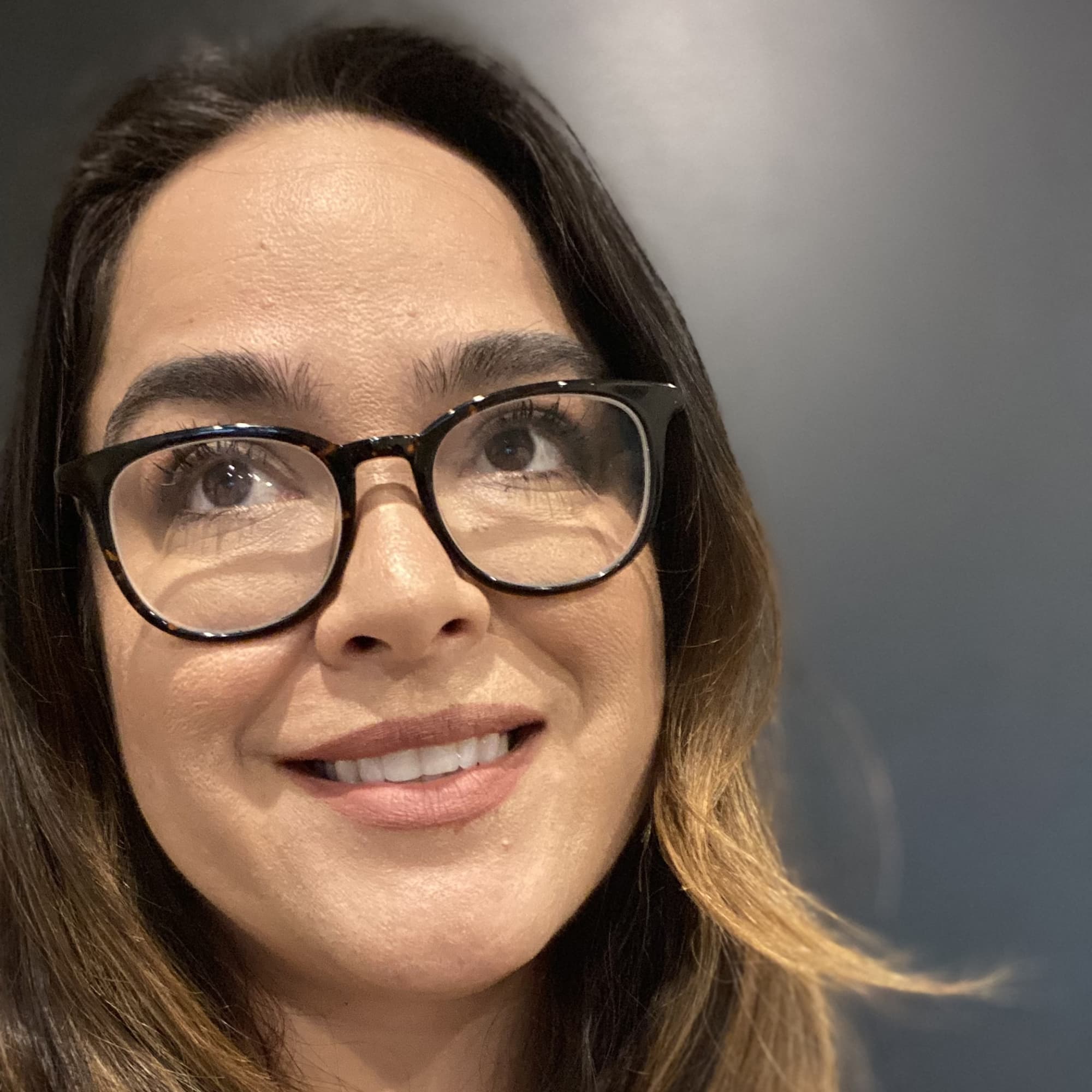How to Become a Dental Hygienist
Portions of the following article were drafted using an in-house natural language generation platform. The article was then reviewed, fact-checked, and edited by multiple members of our editorial team prior to publishing.
- Dental hygienists must have an accredited degree and state licensure to practice.
- Hygienists provide patients with cleanings, preventative treatments, and education.
- Supervision rules and scopes of practice for dental hygienists differ by state.
As a kid, did you actually look forward to going to the dentist while everyone you knew dreaded it? Do cleanings and fillings sound fun, rather than unpleasant? Are you fascinated by what’s going on in your mouth as someone pokes and prods at your teeth?
If your answer to any of these questions is “yes,” then we’re on to something. You may want to become a dental hygienist. Here’s how to jumpstart your dental career.
4 Steps to Becoming a Dental Hygienist
The specific requirements to become a dental hygienist may vary slightly depending on your state, but the basic requirements for these professionals are the same. If you want to become a dental hygienist, you need to complete four steps:
- 1 Graduate from an accredited dental hygiene program.
- 2 Pass the National Board Dental Hygiene Examination (NBDHE) from the Joint Commission on National Dental Examinations (JCNDE).
- 3 Pass an approved clinical board examination for your region or state.
- 4 Obtain licensure from the appropriate state dental board.
Keep reading for a deeper dive into the steps required to become a dental hygienist.
Step 1: Graduate From an Accredited Dental Hygiene Program
Your first step is to graduate from an associate degree program in dental hygiene accredited by the Commission on Dental Accreditation (CODA). In this program, you will explore a variety of subjects, including biomedical sciences, dental hygiene sciences, and dental sciences.
Many dental hygiene programs incorporate practical training into the curriculum to help you gain supervised clinical experience. This usually entails 8-12 hours of hands-on training per week.
Step 2: Pass the National Board Dental Hygiene Examination
After you’ve completed your associate program, you can now take the NBDHE. This exam assesses your knowledge of dental hygiene information and your ability to apply your clinical skills in a real-world context.
To pass this exam, you’ll need to score a minimum of 75. It’s crucial to prepare for this exam, as it’s a major step in your journey to become a dental hygienist. Make the most of your textbooks, lecture notes, and study materials, and be sure to take practice exams to familiarize yourself with the test’s format.
Step 3: Pass an Approved State Clinical Board Examination
After the NBDHE, you’ll need to pass an approved state or regional clinical board examination. The specifics of this exam will vary depending on your state, so be sure to check with your state’s dental board for details.
For example, in Virginia, the board only accepts the American Dental Examination (ADEX) for the clinical component. However, in California, the board requires the Central Regional Dental Testing Service (CRDTS) exam. This is why it’s crucial to check your state’s specific licensure requirements.
Step 4: Obtain State Licensure
The final step to becoming a dental hygienist is to obtain licensure from your state’s dental board. This involves submitting an application, along with proof of your education, your NBDHE score, and proof that you’ve passed your state or regional clinical board examination.
You’ll also need to meet any additional requirements outlined by your state’s dental board, which may include additional exams or credentials. Once you’ve obtained your license, you’re ready to start working as a dental hygienist.
What Is a Dental Hygienist?
Dental hygienists are allied health professionals who play a substantial role in helping patients improve their oral health. As a hygienist, you look for signs of disease and treat the issues before they get worse with cleanings, preventative measures, and patient education. You work with various instruments, powered tools, and X-rays.
As a dental hygienist professional, you can expect to:
Examine patients’ mouths for oral health concerns, such as plaque and tartar buildup and gum disease.
Diagnose conditions and develop treatment plans within their scope of practice.
Clean teeth by removing plaque and stains using various tools and techniques.
Provide preventative information and treatments, such as applying sealants and fluoride.
Licensure Process for Dental Hygienists
In every state, the dental hygienist requirements for employment include licensure. For licensure, you must complete an accredited postsecondary program and pass the national written examination. You will also need to pass an approved clinical examination for your region or state, such as those offered by the:
Once you meet your regional requirements, you can apply for licensure with your state licensing board. Licensed hygienists must renew their licenses every 1-2 years by completing varying amounts of continuing education each cycle.
Dental Hygienist Salary and Job Demand
Projected Employment Growth, 2023-2033
9%
Median Salary, 2023
$87,530
The growing understanding of and respect for oral health has increased the need for dental hygienists. Evolving regulations and expanded roles for dental hygienists will likely also continue to shape the profession and drive demand.
Top 5 Paying States (Mean Wage, 2023)
- Washington ($123,510)
- California ($118,330)
- Alaska ($115,980)
- District of Columbia ($113,600)
- Oregon ($103,440)
Frequently Asked Questions About Becoming a Dental Hygienist
If you’re a licensed dental hygienist, you can become a dentist by going back to school and completing a four-year doctoral program to earn a DDS or DMD degree and passing the necessary dental board exams.
However, since most dental hygienist positions only require an associate degree, it’s possible that you may not hold a bachelor’s degree.
If you don’t have a bachelor’s degree, you can consider a BS/DDS program, which allows students to earn a bachelor’s and doctoral degree simultaneously. After obtaining a license, you can pursue further specialization.
Explore More College Resources

Associate vs. Bachelor’s Degree in Dental Hygiene
Not sure whether to choose an associate or bachelor’s program in dental hygiene? Read our guide to find out which degree is right for you.

by Nalea Ko
Updated September 18, 2024



